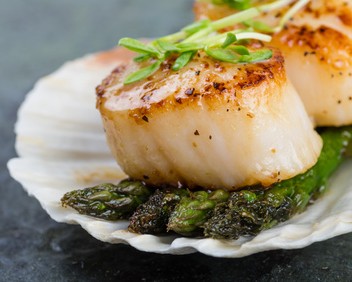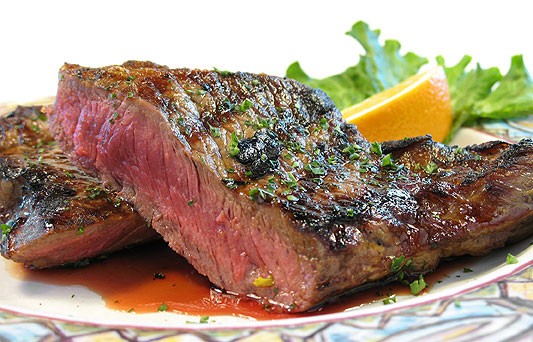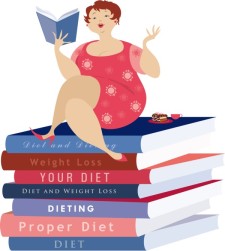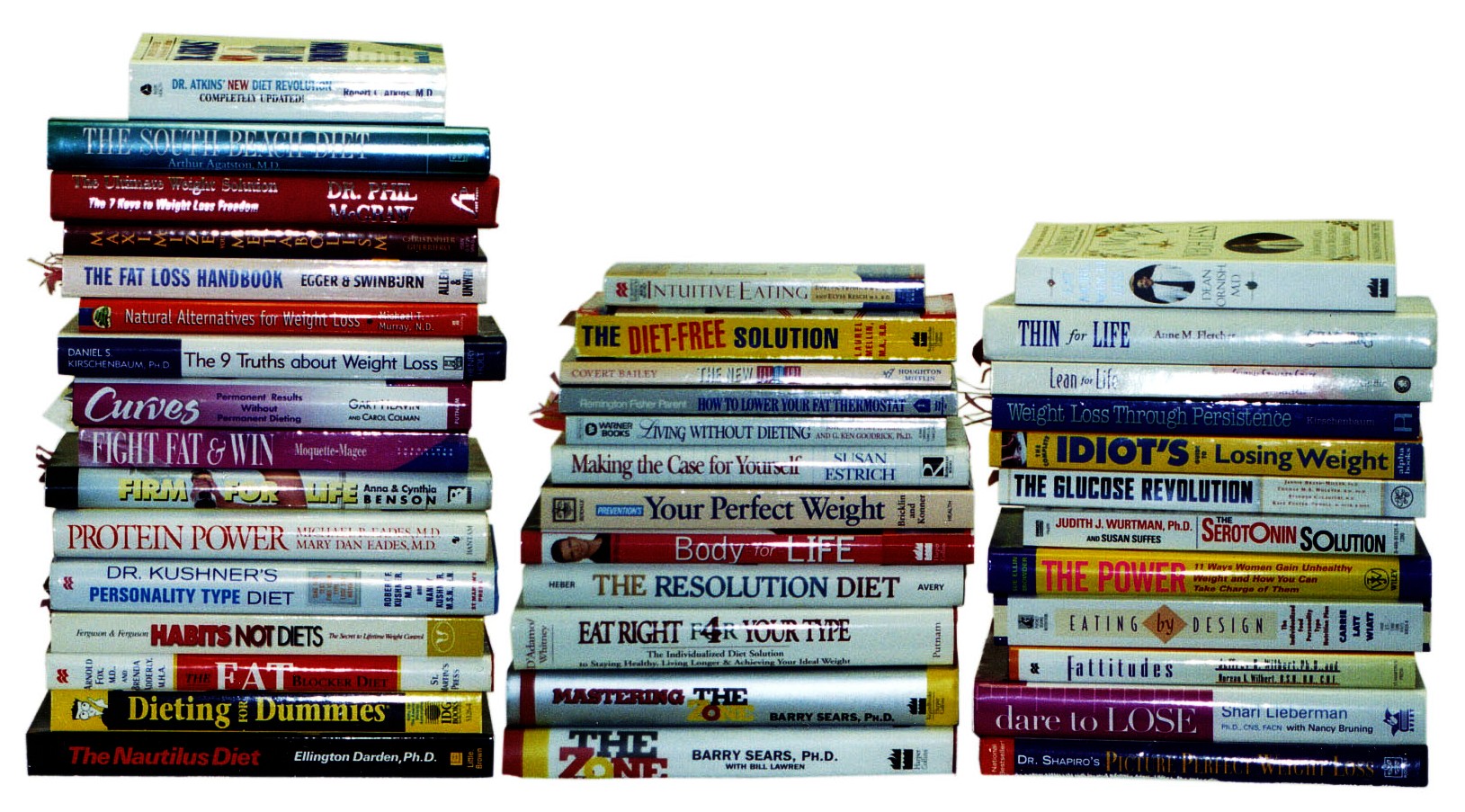Claim #3: Eating More Frequently Boosts Your Metabolism
 Friday, January 26, 2018 at 3:11PM
Friday, January 26, 2018 at 3:11PM  This is entry #3 in a 9-part series on Metabolic Myths.
This is entry #3 in a 9-part series on Metabolic Myths.
Metabolism-boosting hype generally has a grain of truth behind it that has been way overblown. In other cases, long disproved theories continue to be touted because they are super effective as click-bait (or selling books). You rarely see any actual numbers -- how many calories per day will this raise my resting metabolic rate? -- attached to claims. That’s because for the most part the actual increase (if any) in resting metabolic rate (or other components of your daily total energy expenditure), is too small to be of any practical significance.
Metabolism mythology has a life of its own though as it gets regurgitated and reposted throughout the internet and fad-diet books (and unfortunately even by many otherwise reputable sources).
Review "Metabolism" here: Metabolic Rate
My last topics were muscle and breakfast, today's topic is eating-more-frequently:
CLAIM: Eating More Frequently will Boost Your Metabolism
The notion that eating more often was conducive to lower body weights got started in the 1960s when researchers noticed higher body weights were correlated with fewer eating occasions in epidemiological studies. However, the self-reported energy intakes in those kinds of studies was long ago shown to be flawed and unreliable. Since then randomized controlled trials have shown what would be expected, that total daily energy intake increases along with the number of eating occasions per day—not the opposite.[i]
Despite this, dieting advice encouraging a more frequent eating pattern of smaller meals continues to be propagated. One popular claim is that this pattern raises for metabolism.
Despite the fact that digesting and assimilating what you eat DOES burn calories, it does NOT affect your underlying metabolic rate. By definition the thermic effect of food (TEF) is the measured energy expenditure above Resting Metabolic Rate (RMR) in response to eating.
TEF averages 10% of calories consumed for “mixed” meals (combinations of protein, carbohydrate and fat). The number one determinate of TEF is calories. For a given number of calories TEF remains the same whether those calories are divided into 3-meals, 6-meals, or eaten all at once.[ii]
A related theory behind advice to eat more often, is that eating more often would decrease hunger and increase satiety so that people would avoid overeating “later.”
Studies investigating this theory keep total calorie intake the same, and lean toward showing that larger-meals are more satisfying than smaller meals.[iii] With a full-sized meal you have the physical sense that you've eaten “enough,” versus a snack-size-meal that doesn't have enough volume or energy for your body to register physical or psychological satisfaction.[iv]
Another interesting thread to this area of research is the effect of irregular meal patterns (random snacking) on blood glucose, insulin sensitivity and appetite related hormones. Our bodies aclimtize to, and function best, with a regular meal pattern.[v][vi]
It's important also to point out that when you reduce your energy intake to promote weight loss, your remaining calorie allotment may not be enough to create filling meals and snacks. On the other hand, when eating to maintain your weight your calorie allotment stretches further providing more flexibility.
If you get hungry between meals, the first thing you need to do is evaluate exactly what you’re eating that fails to keep hunger-at-bay until the next meal? The problem is most likely the combined issues of: a) too much sugar and/or refined carbohydrates, and b) not enough protein. Shoot for 25- to 30-grams of protein at each of your main meals, and choose more nutrient-dense whole foods. Then (assuming each meal also provides adequate calories) you shouldn’t feel hunger before it’s “time-to-eat” again.
It's perfectly fine to snack between meals if you prefer that pattern (and can do it within your calorie allowance). There's no benefit, however, to changing to a snacking pattern if you're not a snacker. Whether your goal is weight loss or not the majority of your snacks should ideally be healthy choices that help you meet your nutrient requirements for the day.
The bottom line: Suggestions that eating smaller more frequent meals will increase your metabolsim are simply false. Dividing your calories between more meals does NOTHING to increase your underlying (or total) metabolism. That's good news, you can stick to whatever pattern that you've found works best for you be it snacky or not.
All the best,
-Dorene
References:
[i] The impact of daily meal pattern on energy Balance. Bellisle, F. Scan J Nutr 2004;38(3):114-118.
[ii] The Energy Content and Composition of Meals Consumed after an Overnight Fast and Their Effects on Diet Induced Thermogenesis: A Systematic Review, Meta-Analyses and Meta-Regressions. Quatela, et al. Nutrients 2016;8(11)670.
[iii] The Effect of Eating Frequency on Appetite Control and Food Intake: Brief Synopsis of Controlled Feeding Studies. Leidy and Campbell. J Nutr 2011;141:154s-157s.
[iv] Evidence for Efficacy and Effectiveness of Changes in Eating Frequency for Body Weight Management. Kant, AK. Adv Nutr 2014;(5):822-828.
[v] Association between eating frequency, weight, and health. Palmer, et al. Nutr Reviews 2009;67(7):379-390.
[vi] When to eat and how often? Parks and McCrory. Am J Clin Nutr. 2005;81:3-4.





